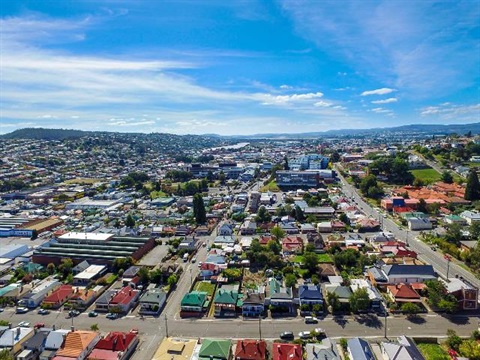City of Launceston declares 'climate emergency'
Published on 09 August 2019

The City of Launceston has become the third Tasmanian local government authority to declare a climate emergency after a notice of motion won unanimous support this week.
The Council vote follows similar recommendations adopted by both Kingborough and Hobart City councils.
Councillor Nick Daking's notice of motion called on the Council to act on four resolutions:
● To acknowledge the urgency created by climate change that requires immediate and collaborative action across all tiers of government;
● That Council writes to all State and Federal parliamentarians whose offices lie within the City of Launceston municipal boundaries, and to the Prime Minister, the federal Opposition Leader and the Tasmanian Premier, expressing its position on the climate emergency;
● Immediately conduct an audit of all City of Launceston operations to obtain current base line Greenhouse gas emission levels; and:
● To complete the Council's Sustainability Strategy by December for implementation starting in 2020.
Cr Daking's notice also called for the implementation of an action plan to strive towards becoming 100 per cent carbon neutral by 2025, the implementation of an action plan to move towards 100 per cent renewables as an energy source by 2025 and to plan for engaging and working with the community, business and not-for-profit sectors to reduce community emissions and move towards renewables.
In 2016, Victoria's Darebin City became the first council in Australia to declare a climate emergency, with Launceston becoming the 32nd nationwide to adopt a similar position.
In his notice of motion, Cr Daking wrote that while the Council has been active in both adapting to and/or mitigating the impacts of Climate Change for many years, there was still much that could be done.
"Our strong actions and decision-making around flood mitigation and adaptation for the city over the years are clear for all to see," Cr Daking said.
Other strategies already adopted include capturing methane gas its landfill site at Mowbray, the implementation of its Food Organics Garden Organics (FOGO) service for green waste, the installation of an electric vehicle recharging station and LED street lighting, as well as the installation of solar panels at the Launceston Aquatic Centre.